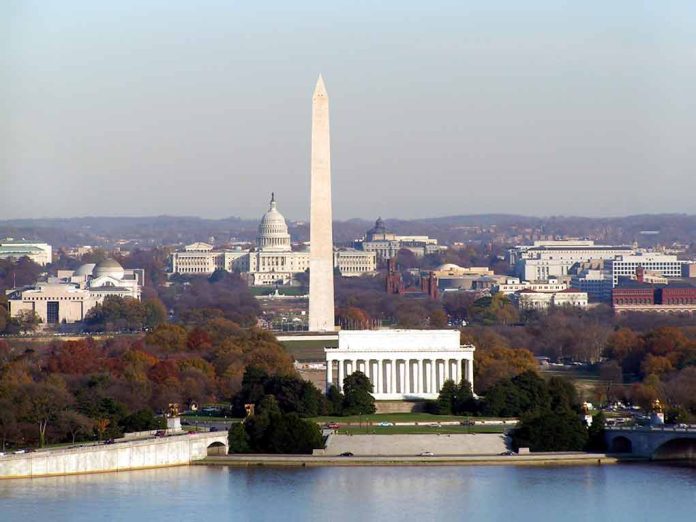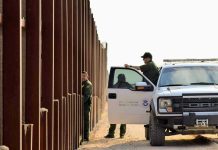
President Donald Trump advocates for federal control of Washington, D.C., citing crime and homelessness concerns.
Key Takeaways
- Trump supports congressional efforts to place D.C. under direct federal control.
- He cites concerns about crime, homelessness, and the city’s image as reasons for federal takeover.
- The proposal reflects a larger Republican agenda to challenge D.C.’s home rule.
- Trump emphasizes the importance of maintaining the capital’s aesthetic appeal for foreign dignitaries.
- The debate extends to the question of D.C. statehood, with some lawmakers advocating for greater autonomy.
Trump’s Call for Federal Management of D.C.
President Donald Trump has thrown his support behind a controversial proposal to place Washington, D.C. back under direct federal control. This move aligns with broader Republican efforts to challenge the District’s home rule, which has allowed for limited self-governance under congressional oversight since 1973.
Trump’s primary arguments for federal management center on concerns about crime and homelessness in the nation’s capital. He has been particularly vocal about the presence of tents on public lawns, viewing them as detrimental to the city’s image, especially when hosting foreign dignitaries.
President Donald Trump on Wednesday threw his support behind congressional efforts for a federal takeover of the nation’s capital, saying he approves putting the District of Columbia back under direct federal control. https://t.co/uRhC6rgvzh
— DC News Now (@DCNewsNow) February 20, 2025
Safety and Aesthetics: Trump’s Vision for D.C.
The president has emphasized the need to enhance safety and restore the aesthetic appeal of Washington, D.C. Trump argues that federal control would allow for stronger governance and law enforcement, addressing what he perceives as failures in the current system.
“I think we should take over Washington, D.C. — make it safe,” Trump stated, adding, “Too much crime, too many tents on the lawns — these magnificent lawns.”
Trump’s vision for the capital extends beyond crime reduction. He stresses the importance of maintaining Washington’s beauty, particularly in areas frequented by international visitors. “You just can’t let that happen. You can’t have tents on all your beautiful — your once magnificent plaza and lawns,” he remarked.
Republican Efforts to Overturn Home Rule
Trump’s stance is part of a larger Republican initiative to reassess D.C.’s governance structure. Senator Mike Lee and Representative Andy Ogles have introduced legislation to repeal home rule, citing concerns about governance failures and corruption.
“The corruption, crime, and incompetence of the D.C. government has been an embarrassment to our nation’s capital for decades. It is long past time that Congress restored the honor and integrity of George Washington to the beautiful city which bears his name,” Senator Lee stated.
The Home Rule Act of 1973 currently allows for local governance in D.C., but maintains congressional review of legislation and budget control. This arrangement has been a point of contention, with some viewing it as insufficient autonomy for the District’s residents.
The Statehood Debate
While Trump and some Republicans push for increased federal control, others, including Washington Mayor Muriel Bowser, advocate for D.C. to become the 51st state. This proposal, aimed at granting full political representation and autonomy to D.C. residents, has yet to gain sufficient traction in Congress.
The debate over D.C.’s governance highlights the complex relationship between local autonomy and federal oversight in the nation’s capital. As discussions continue, the future of Washington, D.C.’s governance remains a topic of national significance, touching on issues of representation, security, and the capital’s role in American democracy.









